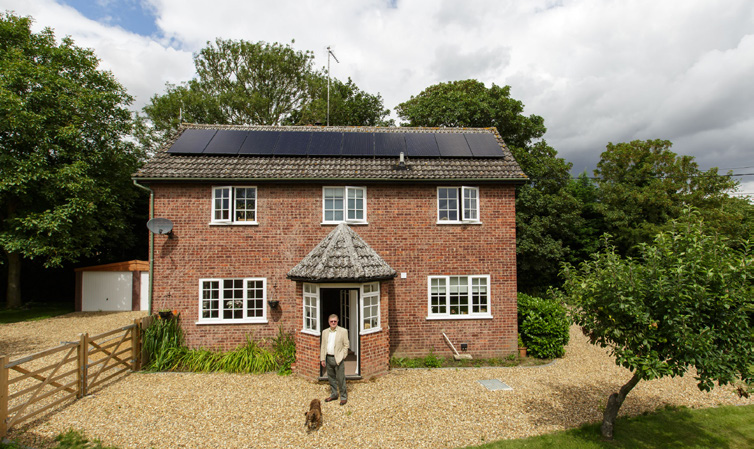EU member states, through the Committee of Permanent Representatives, have voted in favor of ensuring the excess energy generated by small-scale solar installations up to 400 kW in size is fed into national grids.
The vote which approved priority dispatch is part of the lengthy and contentious legislative process of crafting the EU’s electricity market design, with regards to the energy transition.
The regulation now allows priority dispatch for small-scale renewable generation, high-efficiency co-generation and demonstration projects below 500 kW in capacity, but eligibility will be restricted to systems below 250 kW after 2026. Distribution and transmission grid operators must minimize curtailment or the re-dispatching of renewable energy under the system.
“Today’s vote is a huge victory for small-scale solar and renewable energy consumers,” said Aurélie Beauvais, policy director of SolarPower Europe. “It rewards the intensive efforts deployed by SolarPower Europe and 17 major stakeholders active in the Small is Beautiful campaign. This will pave the way for a significant growth of the small-scale solar market in Europe, open new business opportunities for our members and strengthen Europe’s industrial leadership in highly innovative and decentralized energy systems.”
Victory for small-scale generators
Popular content
Various EU institutions had previously indicated guaranteeing priority dispatch for small-scale generators would be unfavorable, since it would create a discriminatory market situation. The EU Parliament wrote: “Providing exemptions to some market participants and discriminating against others fundamentally undermines the market structure, increases the costs to consumers and creates uncertainty [for] investors. Renewable sources are the most competitive producers under market conditions.”
Small-scale generators rebelled after an EU policy proposal sought to expose them to the same market rules as traditional utilities. Lobbyists pointed out the political bloc’s pledge to shape the energy transition in such a way that “consumers and communities will be empowered to actively participate in the electricity market and generate their own electricity, consume it or sell it back to the market”.
The Small is Beautiful campaign, comprising more than a dozen European solar organizations, drew up an agenda to include priority dispatch for small-scale generators into the EU’s new market design, making such installations more attractive.
“The initial plan to remove priority dispatch would have subjected households, schools, hospitals and small businesses that have invested in solar to disproportionate market and administrative requirements,” said Naomi Chevillard, policy advisor at SolarPower Europe. “Having avoided this, we can now look forward to a bright future for decentralized solar generation and consumer empowerment, which is positive news for the clean energy transition.”
This content is protected by copyright and may not be reused. If you want to cooperate with us and would like to reuse some of our content, please contact: editors@pv-magazine.com.



2 comments
By submitting this form you agree to pv magazine using your data for the purposes of publishing your comment.
Your personal data will only be disclosed or otherwise transmitted to third parties for the purposes of spam filtering or if this is necessary for technical maintenance of the website. Any other transfer to third parties will not take place unless this is justified on the basis of applicable data protection regulations or if pv magazine is legally obliged to do so.
You may revoke this consent at any time with effect for the future, in which case your personal data will be deleted immediately. Otherwise, your data will be deleted if pv magazine has processed your request or the purpose of data storage is fulfilled.
Further information on data privacy can be found in our Data Protection Policy.